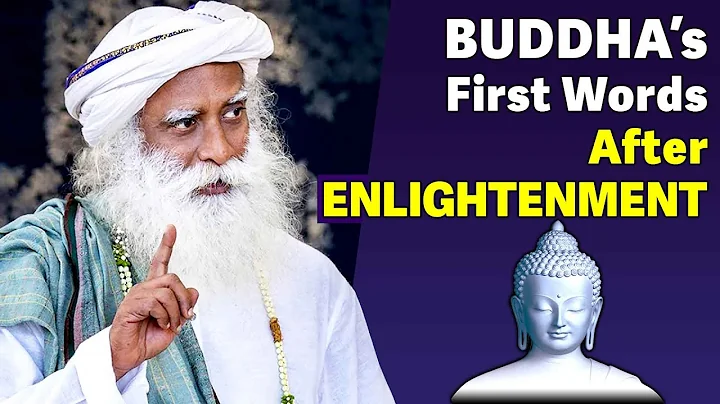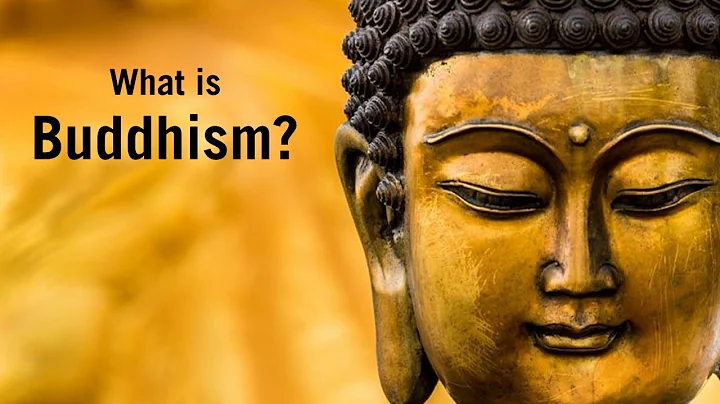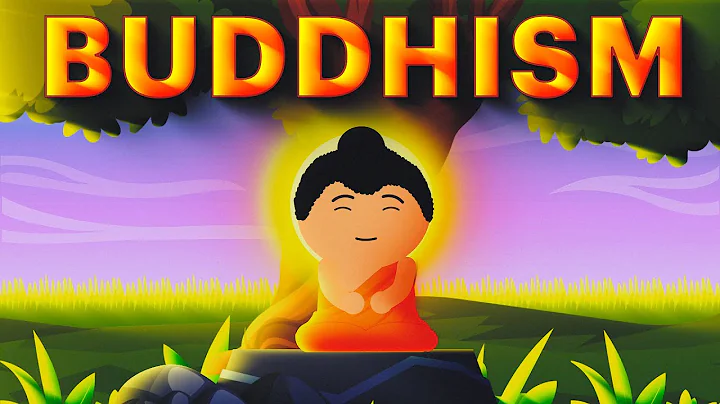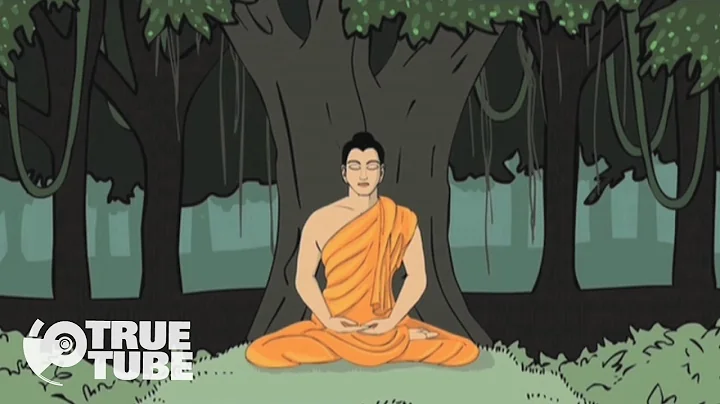1. What is a Buddha?
All living beings can become Buddhas by practicing for three immeasurable kalpas. Buddha is a person who is freed from reincarnation, has a complete understanding of the universe and life, is a truly fully enlightened person, and is also called the All-Wise or the All-Knowing One.
Awakening, awakening others, awakening others. No ordinary person has the capacity for self-awareness. The two vehicles of Shravakayana and Pratyekabuddha only have awareness. Buddha can also be understood as a deity with vast supernatural powers. Buddha attains enlightenment. That is to say, a person who has gained great wisdom and can see through all things in the world and the three realms is a Buddha. Buddha is similar to "sage" in Chinese, but "sage" cannot express enlightenment and practice, so the translators at the time used the word "Buddha". A sentence from the ** realm of Buddhism.

2. What is Buddha and what does Buddha do?
What is Buddha? Be reasonable and talk about cause and effect. Buddha is a general name, and every Buddha is called a Buddha. This is a common name. All Buddhas are happy and carefree all day long, and regard all living beings as Buddhas. All the living beings he saw were Buddhas, so he himself became a Buddha; if you think that all living beings are Buddhas, then you are also a Buddha. The most beautiful sentences in Buddhist scriptures.
"Buddha" has three meanings: self-awareness, awareness of others, and perfect awareness. Self-realization is one's own enlightenment; ordinary people are not enlightened, so their self-awareness is different from ordinary people. Aware of him, the Bodhisattva realizes him, which is different from the second car; the second car only knows consciousness, but does not know his consciousness. If you are enlightened again, you will be a Buddha, different from a Bodhisattva. Buddha can not only realize himself, he can also realize others, he can realize himself, and he is perfect. This is called "the three enlightenments are complete and all virtues are complete." All virtues are complete, so it is called Buddha.
The word "Buddha" has three meanings: (1) "Rigpa", which means enlightenment. (2) "Beginning to awaken", just beginning to awaken. (3) "**Enlightenment", **thorough awakening. This is because there are three meanings in this sutra, which are the same as "awareness, awareness of others, and perfect awareness", but the names are different. There are many places in Buddhist scriptures with different names but the same meaning. We don’t want them to recognize them as soon as they change their names, and we don’t know whether they are Zhang San or Li Si!

3. What does Buddha mean?
"Buddha" is generally used as the honorific title of Sakyamuni . In addition to Sakyamuni, Mahayana also refers to all people who have achieved complete enlightenment.
Sanskrit Buddha is the abbreviation of "Buddha" [ Sanskrit Buddha]. Freedom is translated as "the enlightened one", "the knower", and "the aware one". Awareness has three meanings: self-awareness, awareness of others (awareness of all sentient beings), and perfect awareness, which is the ultimate fruit of Buddhist practice. It is said that ordinary people lack these three things, the sravakas lack the last two, and the bodhisattva lacks the three. Only the Buddha can have all three.
The Sanskrit word "Buddha" is the abbreviation of Sakyamuni, the founder of Buddhism. It is also the name given by Buddha to practitioners: ~Lord. ~Like it. Borrow flowers and offer them~. Buddhism is a system of teachings and concepts that allow people to understand their own thoughts, get rid of the constraints of thoughts, and create freely. Four of Sakyamuni's most classic sentences.
[Buddha] The teachings spoken by the Buddha include various teachings and Buddhist truths expressed in teachings. Volume One of "The Perfection of Reality" lists six synonyms for "Buddhism", called the Six Names of Buddhism, namely: Chinese Buddhism Network.
(1) Well said, honestly.
(2) Retribution in this world allows people to get retribution in this world.
(3) If you don’t have time, you can practice Taoism at any time, regardless of whether the stars are good or bad.
(4) Be able to teach all sentient beings to attain Bodhi through righteous conduct.
(5) Taste it and you should realize your own understanding. Has anyone become a Buddha in real life?
(6) A wise man knows himself, a wise man can believe and understand.
Furthermore, Buddhism is the teaching method of Buddhism that guides all living beings, that is, the transcendental method; for this reason, the national law formulated by the world government to rule the people is called the "King's Law". Buddhism.com.
In the history of Buddhism in India, China, and Japan, the relationship between dharma and dharma varied from place to place.There are those who use Buddhism to promote Buddhism, such as King Ashoka , King Lili, Emperor Wu of Liang , etc.; there are also people who use king's dharma to challenge Buddhism or even destroy Buddhism, such as the most famous disaster of the Three Martial Arts and One Sect in the history of our country. The world seen after becoming a Buddha.
In addition, the Dharma obtained by the Buddha is the principle of dependent origination and the truth of the Dharma Realm; the Dharma known by the Buddha is all Dharma; the various merits (eighteen kinds of extraordinary Dharma) possessed by the Buddha are all called Dharma.
So, broadly speaking, the term "Buddhism" has a very broad meaning. In addition, all dharma nature, all subtle good words in the world, and even other true and correct things belong to Buddha Dharma. However, in a narrow sense, the so-called Dharma mostly refers to the Dharma taught by the Buddha.
[Volume 20 of Ahan Za Sutra, preface to Lotus Sutra, Vajra Prajna Sutra, 4 volumes of Mahabharami Sutra]
[Buddhist Lifespan] 300 famous sayings of Sakyamuni.
refers to commandments. Precepts are the prohibitions established by the Buddha to prevent sexual misconduct from violating the three karma of body, speech and mind. If the Buddha can practice according to this, he will be able to achieve purity, open up wisdom, and enter all kinds of meditation. Therefore, they know that discipline is the root of the Buddha's pursuit of justice and liberation. There are four kinds of people that Buddha cannot save.
If the precepts can be practiced in the world for a long time and be passed down from generation to generation, the Buddha Dharma will also be passed on for a long time. Therefore, the Buddha once called the precepts the number of lives. Law.

















![[English] Who Am I - Lecture 1 - Ven. Guan Cheng - DayDayNews](https://i.ytimg.com/vi/KU0fUs2It5o/hq720.jpg?sqp=-oaymwEcCNAFEJQDSFXyq4qpAw4IARUAAIhCGAFwAcABBg==&rs=AOn4CLDFpQUN_QwRfC7bmP4sUadq-RcYdg)
![A Moving Masterpiece 清明上河图 [English narration] - DayDayNews](https://i.ytimg.com/vi/kxff-4GktOI/hqdefault.jpg?sqp=-oaymwEcCOADEI4CSFXyq4qpAw4IARUAAIhCGAFwAcABBg==&rs=AOn4CLBtHGLeUpJNCYDJYnZTuISQ1N5Vag)


